Top 16 DevOps Tools for 2025: (Excellent for SREs, Too!)

Introduction
It’s 2025—the year of the singularity. AI is automating everything, turning us into relics of the past. But we, DevOps and SREs, won’t go down without a fight! Our best weapon? The right tools—some even powered by AI itself. In this post, we’ll explore the top DevOps and SRE tools you need to stay ahead, outsmart AI, and prove that humans still rule IT.
The DevOps and SRE landscapes are evolving faster than ever. With increasing system complexity, growing infrastructure demands, and higher expectations for reliability, having the right tools is no longer just a convenience—it’s a necessity. Whether streamlining deployments, enhancing observability, or improving incident response, modern teams need solutions that keep up with the pace of change. Let’s look at some essential tools to help you build resilient systems and stay ahead in 2025.
Table of contents
CI/CD DevOps Tools
Harness
Harness is an AI-native software delivery platform designed to modernize DevOps processes. It offers a suite of tools, including Continuous Delivery & GitOps, Continuous Integration, Feature Management & Experimentation, Infrastructure as Code Management, and Chaos Engineering.
These tools enable organizations to automate and streamline their software deployment pipelines, ensuring faster and more reliable releases. Harness’s AI capabilities assist in automating complex tasks, reducing manual intervention, and enhancing overall efficiency in the software delivery lifecycle.
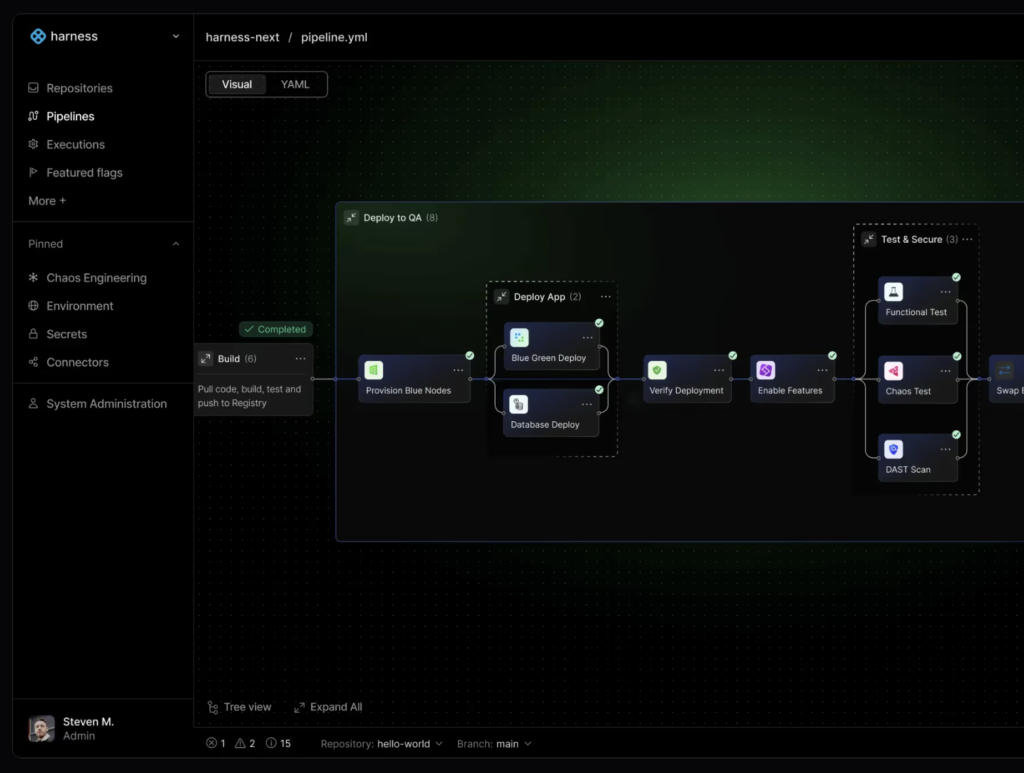
Tekton
Tekton is an open-source framework for creating CI/CD systems, offering flexibility and power to handle various deployment environments and cloud providers as well as on-premise. It standardizes CI/CD tooling and processes across vendors, languages, and deployment environments.
Tekton is compatible with a range of popular tools like Jenkins and Knative, providing scalable, serverless, cloud-native execution. Its ability to abstract the underlying implementation allows teams to tailor their build, test, and deploy workflows to their specific needs.
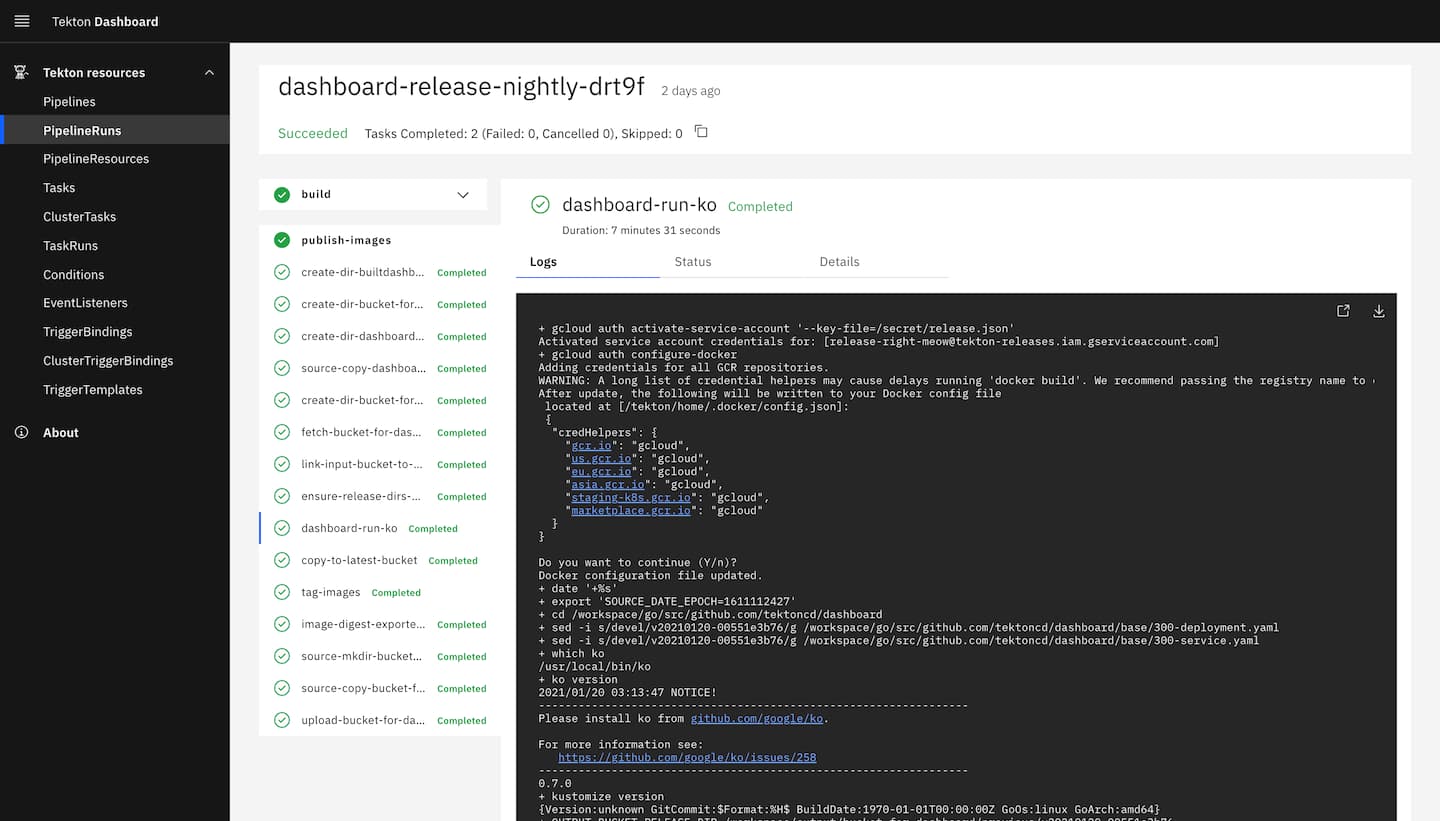
Argo CD
Argo CD is a declarative GitOps continuous delivery tool tailored for Kubernetes. It emphasizes the importance of keeping application definitions, configurations, and environments declarative and version-controlled.
Argo CD aims to automate and simplify the deployment and lifecycle management of applications, ensuring they are both auditable and easy to understand.
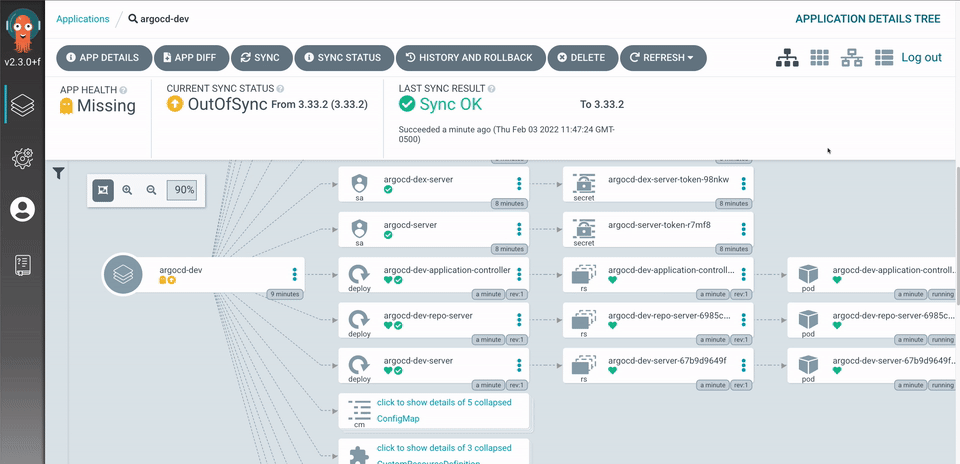
Monitoring & Observability DevOps Tools
Dash0
Dash0 is an OpenTelemetry-native observability platform that provides comprehensive insights into applications and infrastructure. By leveraging standardized data collection and analysis, Dash0 offers granular visibility into system performance, including metrics, logs, traces, and resources. Its resource-centric monitoring approach allows users to focus on the components that matter most, facilitating efficient troubleshooting and performance optimization.
Additionally, Dash0’s seamless integration with existing systems and its emphasis on open standards make it a flexible and future-proof solution for organizations aiming to enhance their observability capabilities.
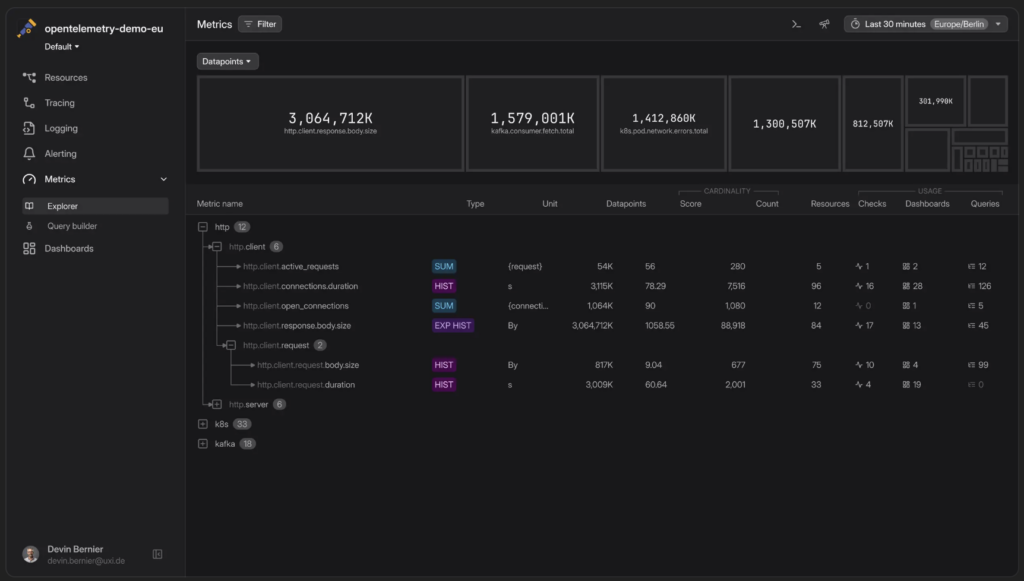
HyperDX
HyperDX is an open-source observability platform designed to resolve production issues swiftly. It unifies session replays, logs, metrics, traces, and errors into a single platform.
This integration provides a comprehensive overview of system performance and issues, aiding in faster problem resolution.
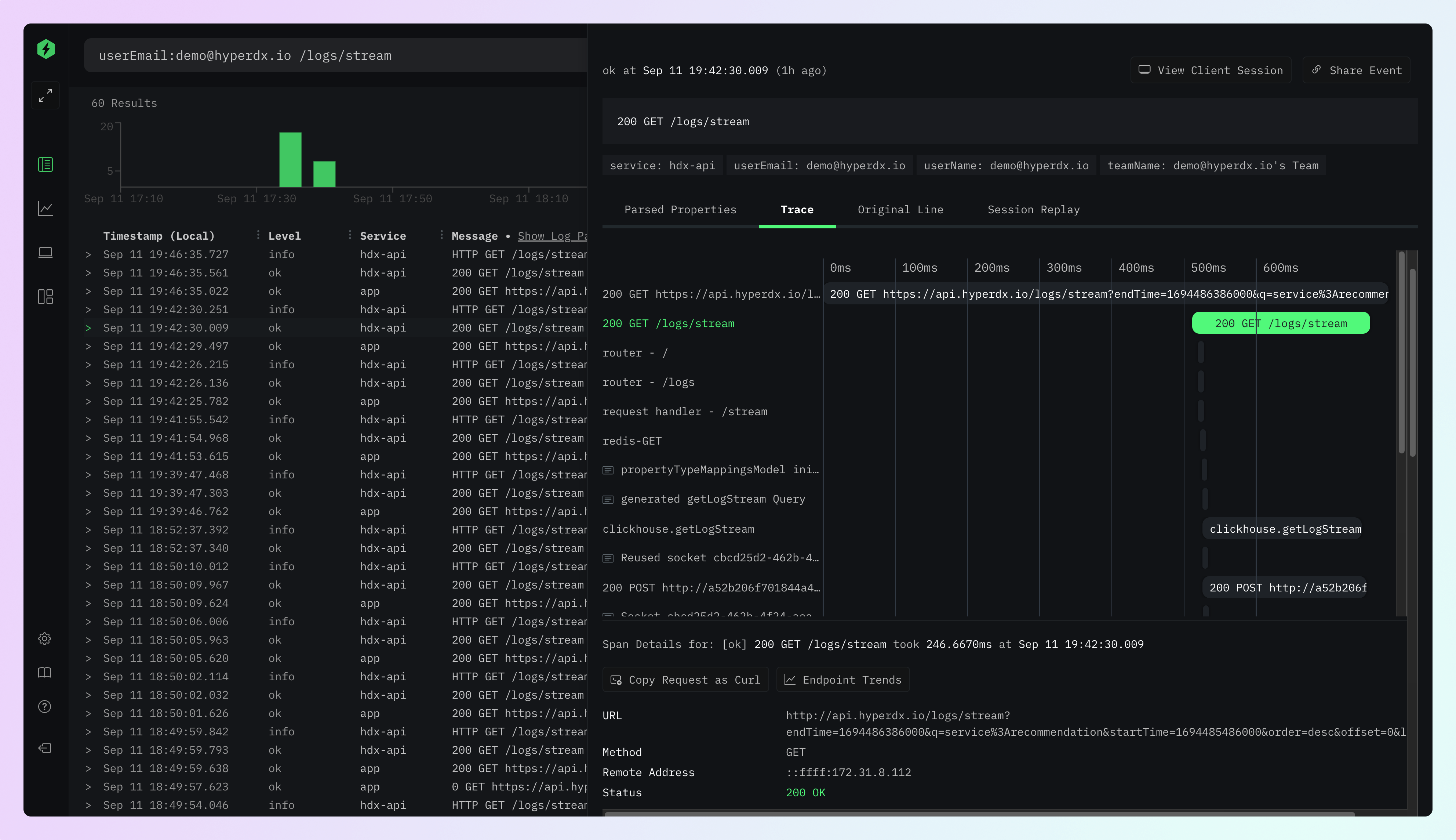
Infrastructure/Application Platform DevOps Tools
Crossplane
Crossplane is a cloud-native control plane framework that allows organizations to build their own control planes without writing code. It offers a highly extensible backend for orchestrating applications and infrastructure across various environments.
By defining and managing infrastructure as code, Crossplane enables consistent and declarative management of resources, enhancing scalability and maintainability. Its integration with Kubernetes and support from a strong open-source community make it a compelling choice for cloud-native infrastructure management.
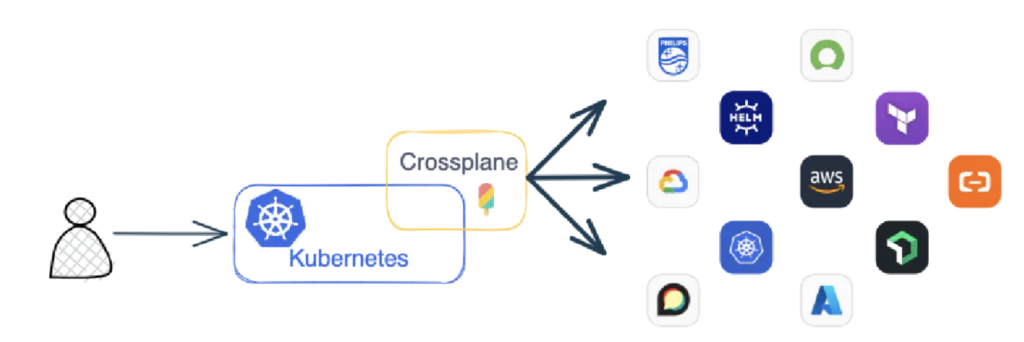
NGINX Unit
NGINX Unit is a lightweight and versatile open-source application runtime that consolidates essential web application components into a single server. It supports multiple languages, including Java, Perl, Python, and Ruby, and offers features such as built-in statistics, multithreaded request processing, and dynamic configuration.
This flexibility allows developers to efficiently manage application deployments, serving both dynamic content and static assets with ease.
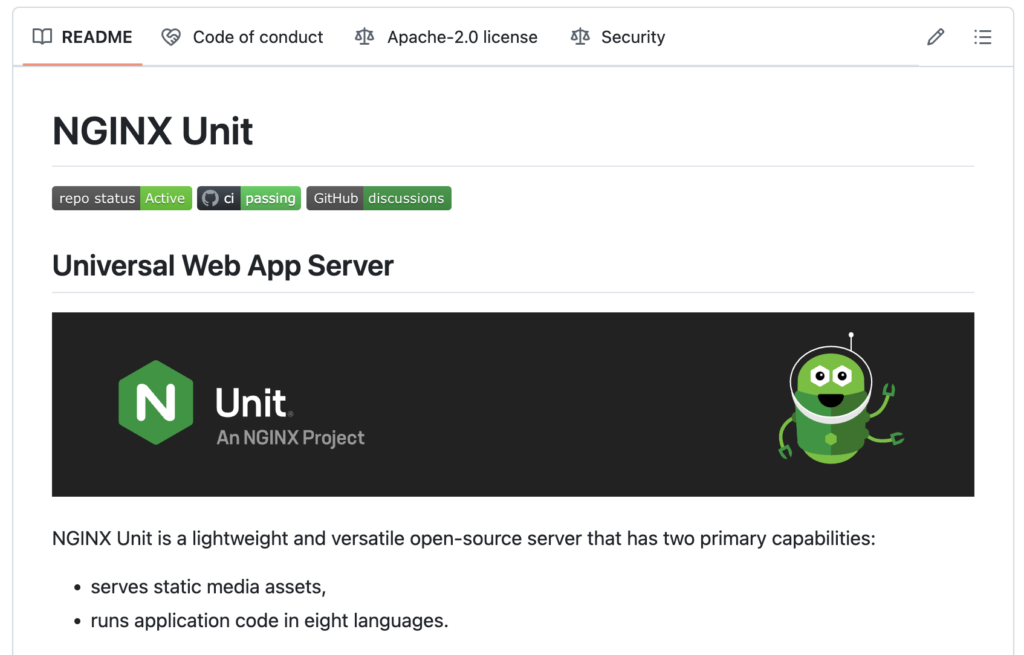
Piku
Piku is an open-source platform that enables users to deploy applications to their own servers using simple ‘git push’ commands. Inspired by ‘dokku’, Piku is designed to be minimalistic, allowing developers to manage deployments without the overhead of complex configurations. This simplicity makes it ideal for small projects or personal applications where ease of deployment is a priority.
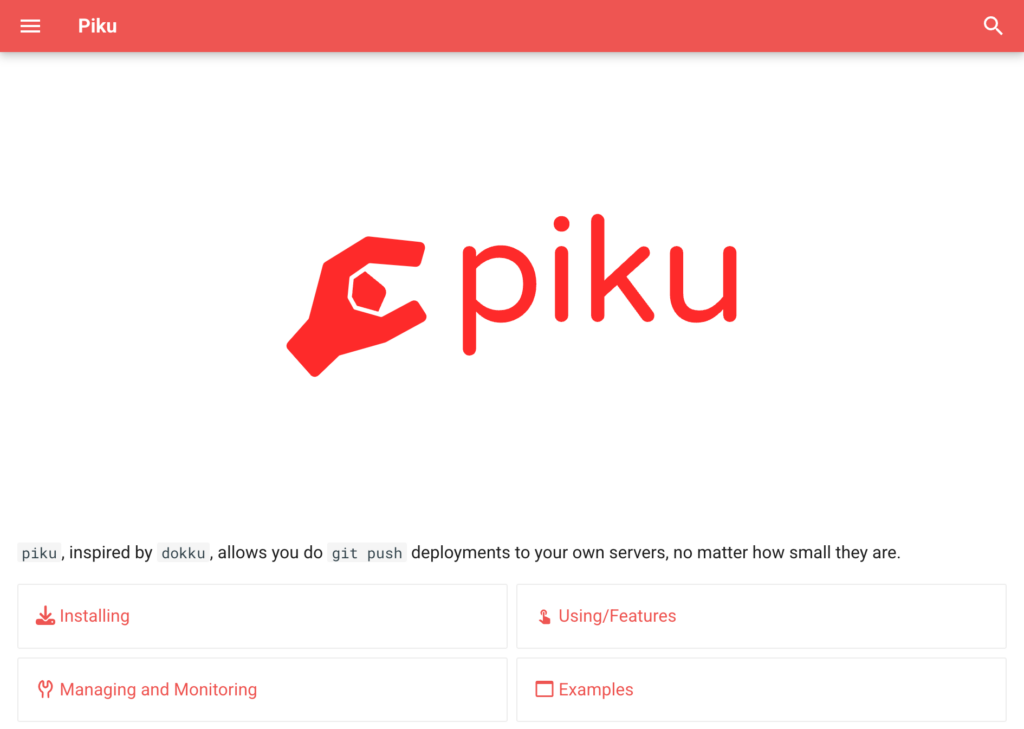
Nix & NixOS
Nix is gradually gaining popularity within the DevOps community. Though it has a steep learning curve initially, it offers significant benefits once mastered since it offers a unique approach to package management and system configuration, focusing on creating reproducible, declarative, and reliable systems.
It builds packages in isolation, ensuring that they are reproducible and free of undeclared dependencies. This feature guarantees that if a package works on one machine, it will also work on another, significantly enhancing reliability and consistency across environments.
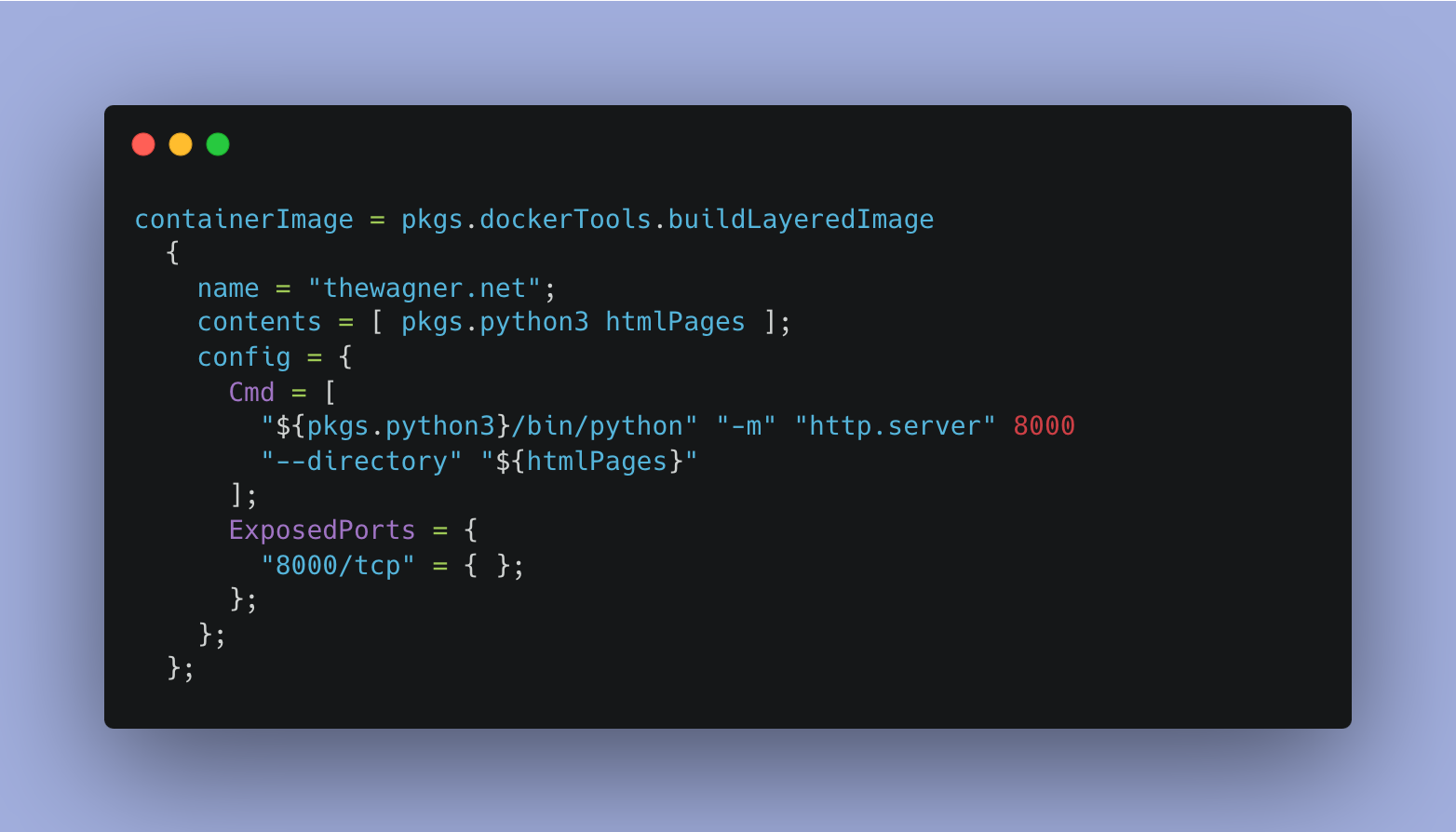
Other key features of Nix are:
- Simplifies sharing of development and build environments across multiple languages and tools.
- Ensures upgrades or installations of one package don’t affect others.
- Supports rollback to previous versions.
- Maintains package consistency during upgrades, leading to a more stable system.
Security DevOps Tools
SSOReady
SSOReady is an open-source service that simplifies the implementation of SAML single sign-on (SSO) for developers. By abstracting the complexities of SAML, SSOReady allows developers to add enterprise SSO support to their applications with minimal effort, often completing the integration in less than a day.
It integrates with all major identity providers, ensuring broad compatibility and streamlined authentication processes for end-users.
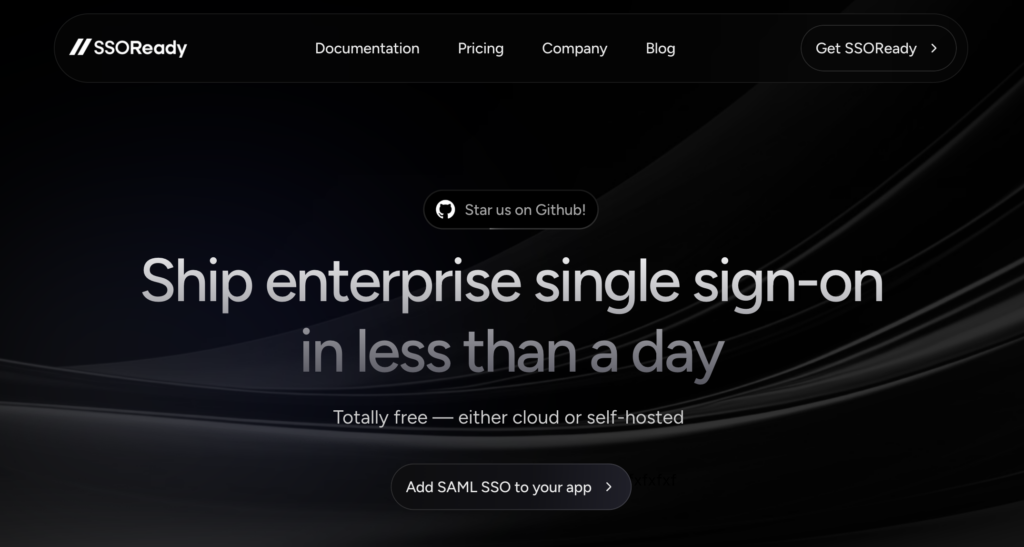
ZITADEL
ZITADEL is a robust and open-source Identity and Access Management (IAM) platform that simplifies security and identity management for organizations.
It offers key features such as Single Sign-On (SSO) for seamless user access, Multi-Factor Authentication (MFA) for enhanced security, and Role-Based Access Control (RBAC) for precise access management based on user roles.
ZITADEL streamlines the entire user lifecycle, from provisioning to account recovery, and provides auditing and compliance tools to meet regulatory requirements. It also supports OAuth, OpenID Connect, and identity federation, enabling secure authentication and authorization processes.
Its developer-friendly APIs and SDKs make integration into various applications and platforms straightforward, ensuring flexibility and ease of use.
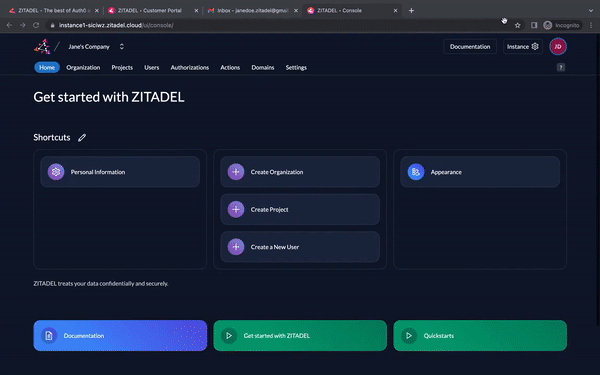
Incident Management & Alerting DevOps Tools
Parity
Parity is an AI-driven Site Reliability Engineering (SRE) tool designed to enhance incident response processes. Acting as a first line of defense, Parity conducts automated investigations upon alert triggers, determining root causes and suggesting remediations before on-call engineers engage.
This proactive approach reduces downtime and accelerates incident resolution, allowing engineering teams to maintain high service reliability with reduced manual intervention.
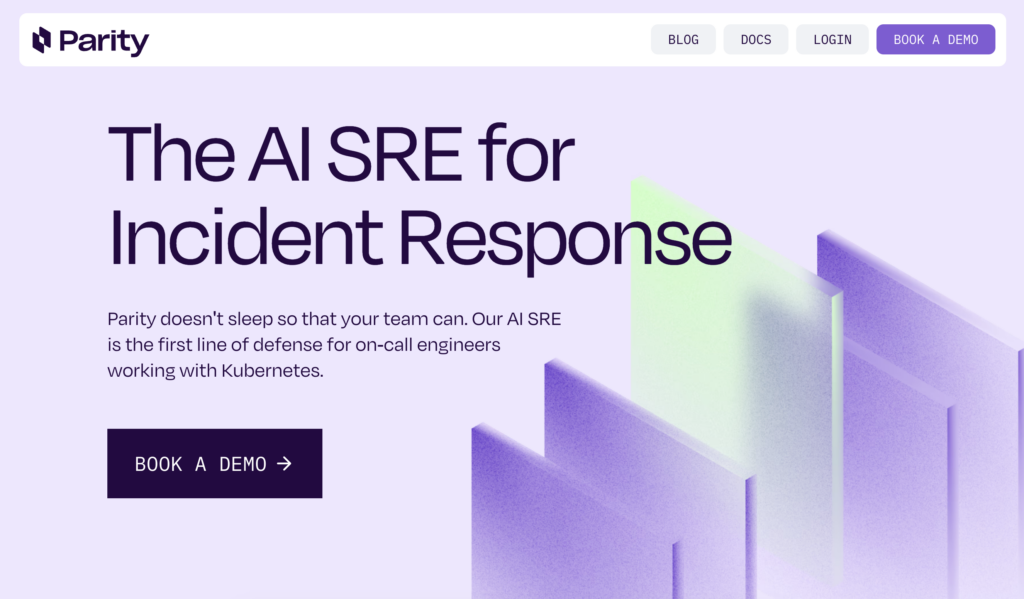
Keep
Keep is an open-source (with a paid-hosted option) alert management and automation platform designed to simplify and streamline the handling of alerts from multiple sources. Its core functionality revolves around consolidating alerts into a unified dashboard and automating workflows to enhance operational efficiency. Key features of Keep include:
- Tool Integration: Keep enables users to connect various tools, including monitoring platforms, databases, and ticketing systems, creating a centralized repository for alerts. This consolidation simplifies alert management by providing a single interface for monitoring and responding to notifications.
- Workflow Automation: Users can define and set up automated workflows triggered by alerts or custom time intervals. These workflows allow for the automation of end-to-end processes, from alert reception to resolution. By automating routine tasks, Keep helps organizations optimize their operational efficiency and allocate resources to more critical activities.
- Operational Benefits: Keep’s automation capabilities enhance operational efficiency by reducing the manual effort required to handle alerts. Its centralized dashboard minimizes alert fatigue by deduplicating and correlating alerts, ensuring that teams only receive relevant and actionable notifications.
Overall, Keep offers a centralized, developer-friendly solution for managing alerts, reducing noise, and automating workflows. It empowers organizations to optimize their alert handling processes and focus their efforts on addressing critical issues efficiently.
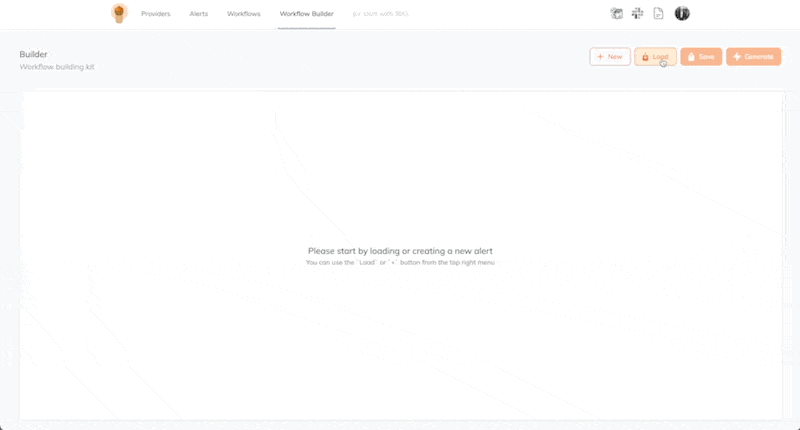
StatusPal
StatusPal is a powerful incident communication and monitoring platform that enables DevOps and SRE teams to automate the communication of incidents and maintenance events to stakeholders and customers, reducing support burden and increasing system status awareness.
Subscriptions to a large variety of notification channels enable technical teams to notify their customers timely and exactly where they are about incidents affecting exactly the services they care about.
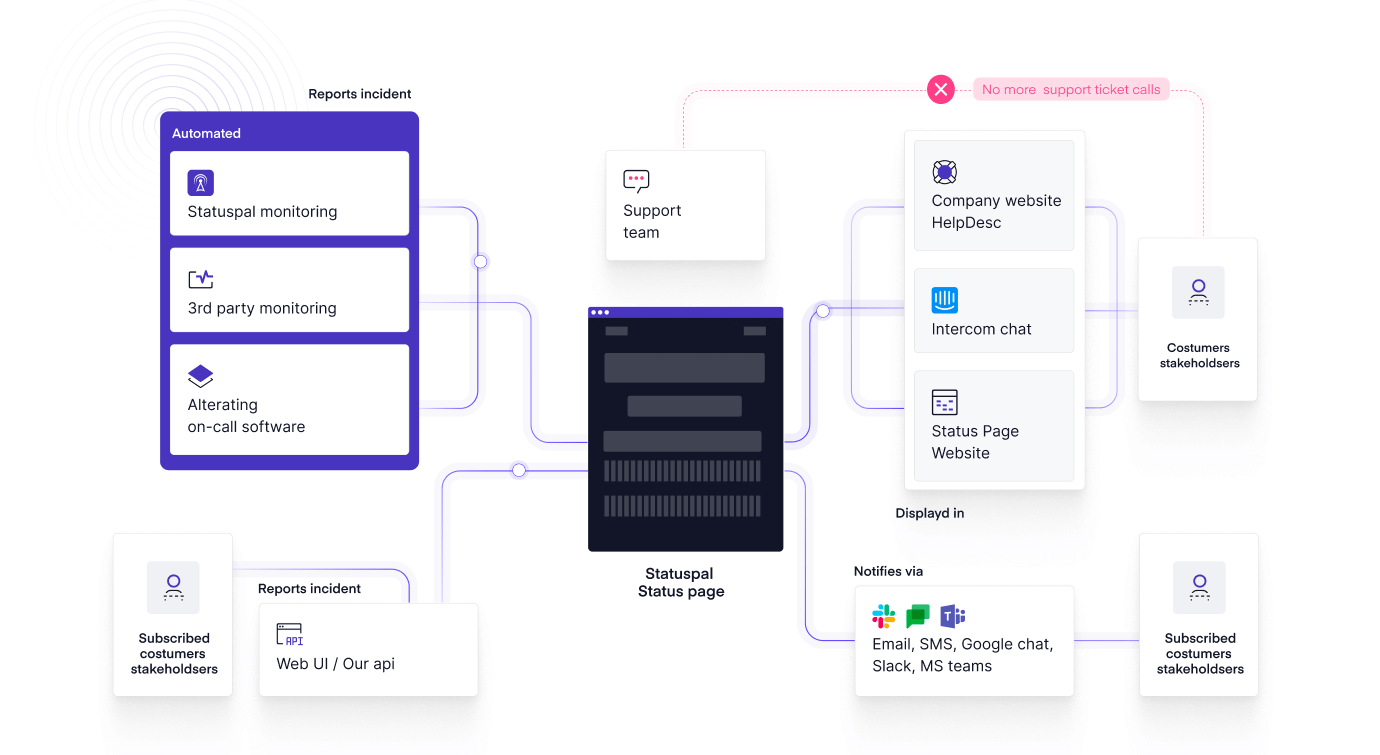
Some key features of StatusPal are:
- Integrated monitoring. Automate your incident reporting from HTTP checks on your health endpoints.
- Incident automation from external monitoring like Datadog, Pingdom, Newrelics, StatusCake, Prometheus.
- Terraform provider. Provision your status page via human-readable code in your GitHub repository.
Dev Tools & Diagramming
Cursor
While not a DevOps tool perse, Cursor is an AI-powered code editor that helps DevOps and SREs work faster when writing and maintaining code, including Kubernetes manifests, Terraform configurations, and CI/CD pipelines. With predictive code completion and natural language editing, it reduces the need for manual lookups and speeds up infrastructure automation.
Instead of tweaking YAML and HCL files line by line, Cursor provides context-aware suggestions to help generate, refactor, and optimize configurations. Whether you’re defining cloud resources, troubleshooting deployments, or automating workflows, it helps streamline the process so you can focus on keeping systems reliable and efficient.
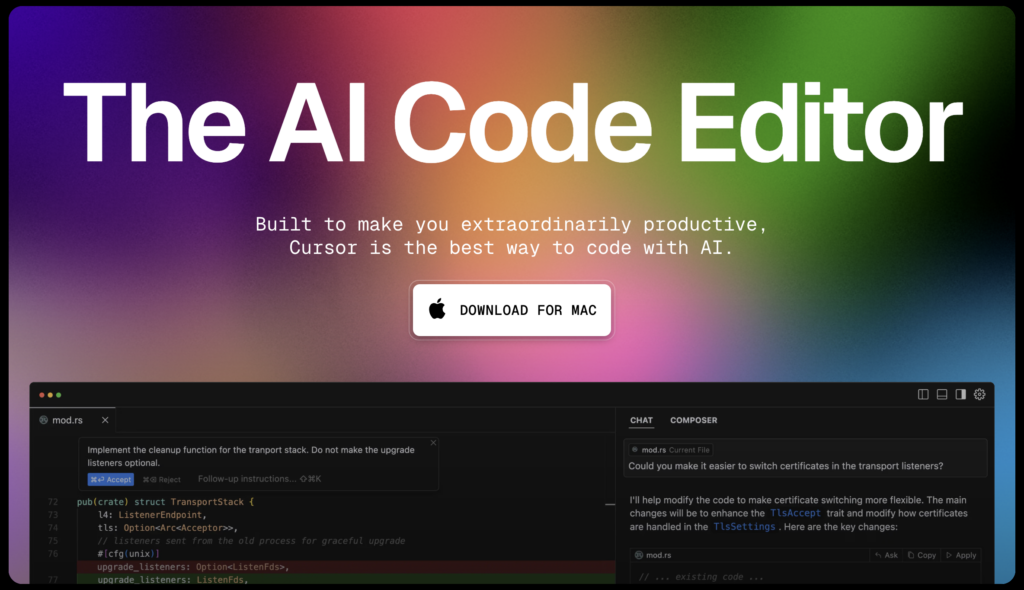
IcePanel
IcePanel is a sophisticated tool designed to clarify and streamline the understanding of complex software systems. It focuses on aiding engineering and product teams in aligning on technical decisions.
The platform offers structured modeling with a lightweight and consistent language, enabling teams to design with consistency. This feature is crucial for maintaining coherence across various aspects of systems architecture.
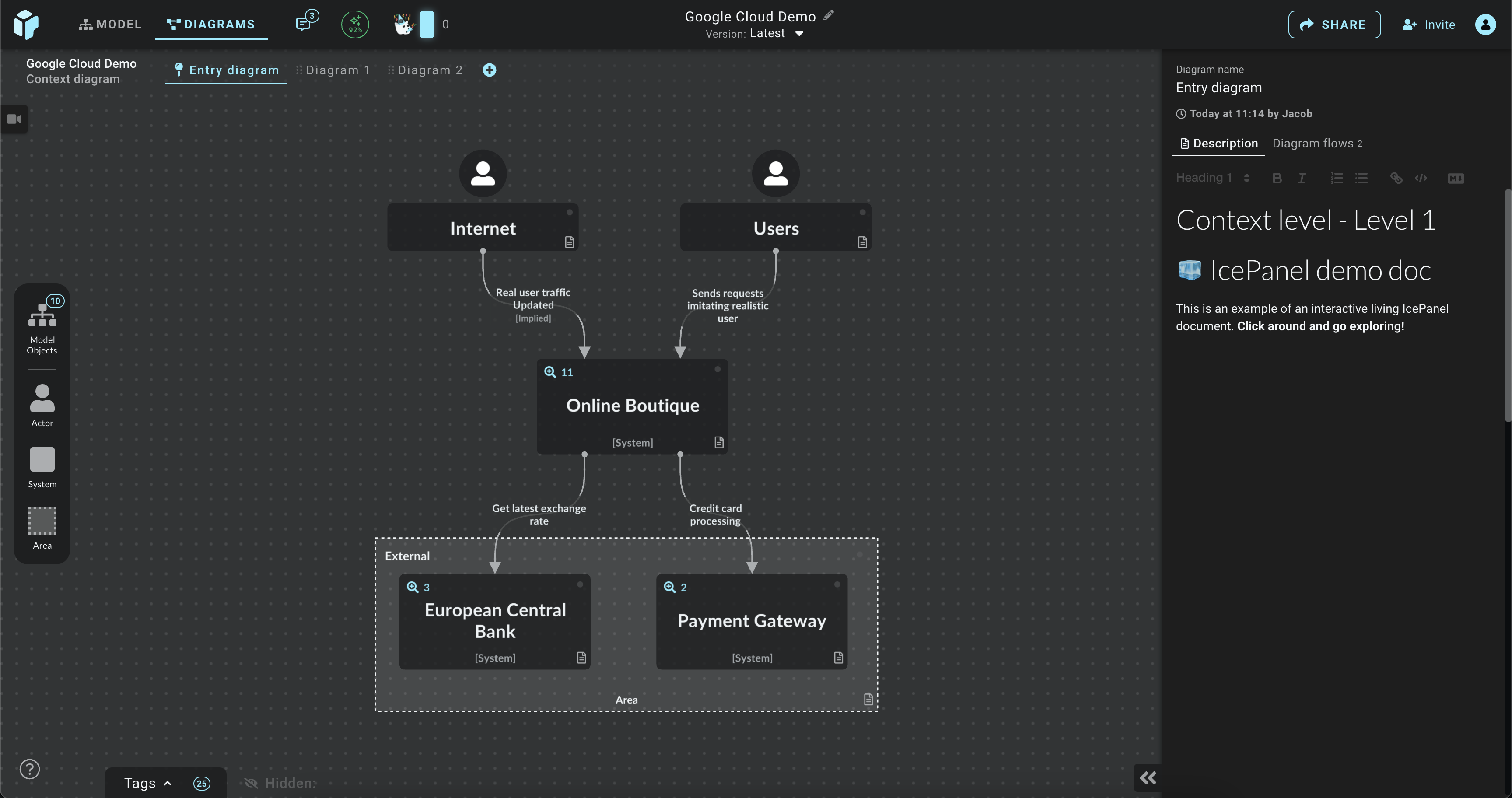
Key features of IcePanel include:
- Its ability to visually communicate complex systems in a way that is understandable to the entire team, technical or otherwise.
- Interactive diagrams that empower new team members to grasp and contribute to the architectural landscape quickly.
- Its capability to keep diagrams and documentation up-to-date. It links designs to code and notifies users when updates or corrections are needed.
- Versions and version revert. This gives you the ability to traverse across previous versions of a design.
Conclusion
As we charge into 2025, one thing is clear: the DevOps and SRE world isn’t slowing down—it’s accelerating. AI might be automating tasks at an unprecedented pace, but the best teams know that the right tools, combined with human expertise, make all the difference.
By leveraging the latest advancements in CI/CD, observability, infrastructure management, security, and incident response, we can build resilient, scalable, and high-performing systems. Whether you’re optimizing workflows, mitigating downtime, or just trying to stay ahead of the curve, these tools are your arsenal in the ongoing evolution of IT.
What are your favorite DevOps and SRE tools for 2025? Let us know in the comments or drop us a message at contact@statuspal.io. 🚀
Eduardo Messuti
Founder and CTO
Eduardo is a software engineer and entrepreneur with a passion for building digital products. He has been working in the tech industry for over 10 years and has experience in a wide range of technologies and industries.
See full bio
Getting started
Ready to streamline incident communication?
Give StatusPal status pages a test drive.
The free 14-day trial requires no credit card and includes all features.


